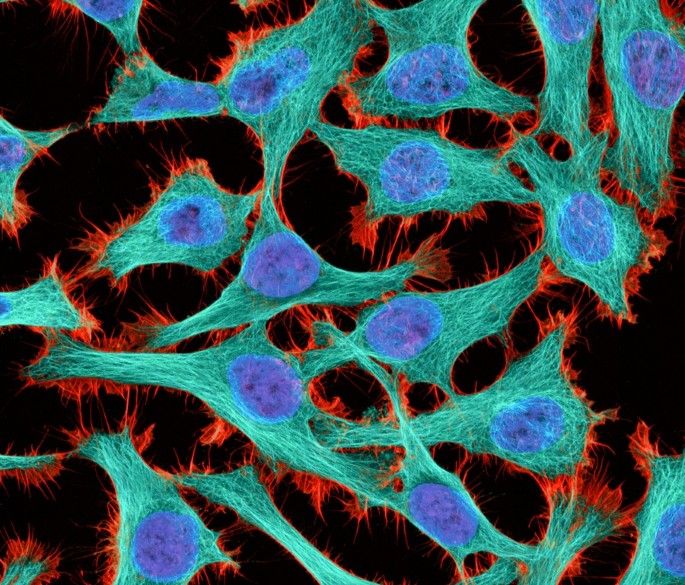The research also found that one in 5 patients reported post-traumatic stress disorder (PTSD), with 16% presenting depressive symptoms.
The study, conducted in Italy, involved testing neurocognitive abilities and taking MRI brain scans of patients two months after experiencing COVID-19 symptoms. More than 50% of patients experienced cognitive disturbances; 16%% had problems with executive function (governing working memory, flexible thinking, and information processing), 6%… See More.
COVID-19 patients suffer from cognitive and behavioral problems two months after being discharged from hospital, a new study presented at the 7th Congress of the European Academy of Neurology (EAN) has found.
Issues with memory, spatial awareness, and information processing problems were identified as possible overhangs from the virus in post-COVID-19 patients who were followed up within eight weeks.









